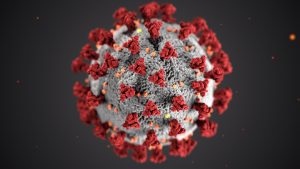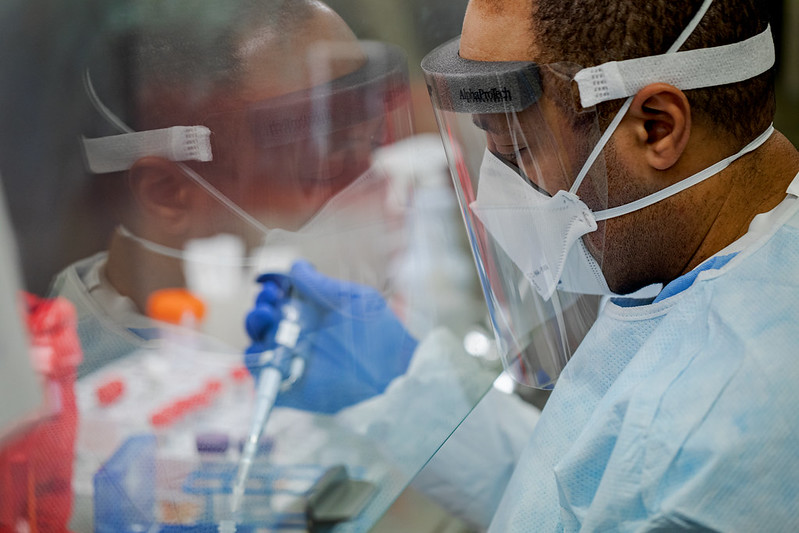The Food and Drug Administration (FDA) has announced that newly manufactured coronavirus antibody tests will be subject to strict standards.
According to The Wall Street Journal, the FDA has been extensively criticized for pushing antibody tests to market without holding manufacturers to any rigid regulatory standard.
New tests, says the Journal, began flooding the market in mid-March. But the FDA deferred enforcement, claiming it was more important to facilitate test development than ensure regulatory compliance. That’s because accurate antibody testing, when done right, allows public health officials to accurately determine how many people have been infected by a particular disease. It’s especially important for novel coronavirus, because a large percentage of people who contract the disease never develop any symptoms.
To be sure that new antibody tests can actually detect coronavirus with success, the FDA will require companies to submit an application for use during the pandemic. In order to win the agency’s approval, antibody test will have to be 90% “sensitive,” or have the demonstrated ability to detect coronavirus antibodies nine times out of time. Prospective tests will also have to be 95% “specific,” meaning they rarely show false-positive results.

The Wall Street Journal notes that some organizations and institutions desperately need access to reliable antibody tests. An assortment of hospitals in the Boston area—including Harvard-affiliated Massachusetts General—have already begun testing health care professionals to check whether doctors or nurses have already been exposed to coronavirus and recovered (or, at least, have sufficient antibodies to ensure they’re not susceptible to infection).
But prior lack of regulation led to companies attempting to rush the market. By the middle of March, about 170 companies had put in bids to make antibody tests; instead of having to demonstrate their products’ efficacy, companies simply had to attest that their product was valid while labeling it unapproved.
Some vendors, says Reuters, made false claims and developed products that didn’t really do what they said they did. The FDA has since backed off its initially flexible position.
“Flexibility never meant we would allow fraud,” the FDA said in a statement. “We unfortunately see unscrupulous actors marketing fraudulent test kits and using the pandemic as an opportunity to take advantage of Americans’ anxiety.”
While the FDA didn’t call out offending companies by name, it said it’s taken action against several firms; the agency didn’t provide media with examples of any particular enforcement actions.
Reuters notes that some experts have criticized the importance being accorded to antibody testing. Former FDA director Scott Gottlieb, who resigned his position last year, said newly-made tests aren’t accurate enough to be used in creating individualized health plans. Furthermore, it remains unclear to what extent the presence of coronavirus antibodies connote immunity, or for how long.
Sources
FDA Sets Standards for Coronavirus Antibody Tests in Crackdown on Fraud
FDA tightens oversight of blood tests used to detect coronavirus antibodies
UPDATE 1-U.S. targets fraud in coronavirus antibody test market with tighter rules


Join the conversation!